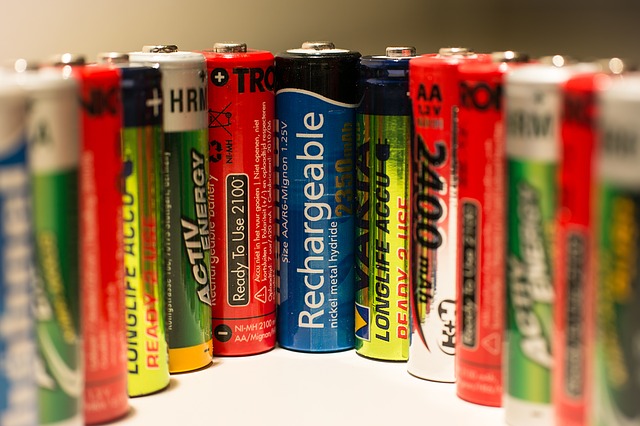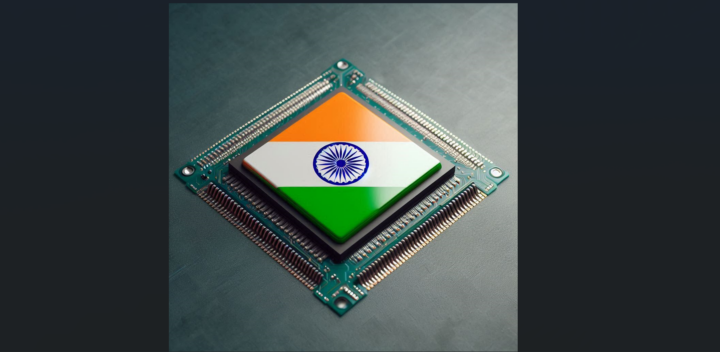In a rapidly evolving world towards sustainable and environmentally conscious solutions, the electric vehicle (EV) industry has emerged as a formidable force, promising a cleaner, greener future. At the heart of this global shift stands India, the fastest-growing economy in the world with immense potential to lead the electric mobility revolution. As a result, the demand for electric battery packs has increased substantially.
According to a report by GameChanger Law Advisors, a Bengaluru-based corporate and commercial law firm, and Speciale Invest, a seed-stage VC firm, India has huge potential for in manufacturing EV battery packs as the country is heavily dependent on importing 60-65% of the total component requirement for battery packs.
Read more: Even as COP 28 talks are on, global warming gets real. Can innovation save the planet?
The Indian EV battery market size is expected to grow from USD 16.77 billion in 2023 to USD 27.70 billion by 2028, at a CAGR of 10.56% between 2023 and 2028, indicating that India’s EV battery industry landscape is at the cusp of a remarkable expansion.
While a majority of EV Original Equipment Manufacturers (OEMs) have developed battery pack assembly facilities in-house by using imported lithium-ion cells or purchasing imported battery packs, VC-funded startups such as Ather, Ola Electric, Cosbike, and Pure EV continue to supply their battery packs to most two and three-wheeler OEMs, and this is a reflection of recent market trends.
Recently, Charzer, an EV charging station aggregation platform, installed smart EV charging stations at World Trade Centre, Bengaluru. Located at the ground floor of the multi-level car parking, the dedicated area comprises four fast charging stations for cars and two-wheelers, and they are easily accessible for employees and visitors alike.
The company also introduced introduced a new Whatsapp feature in October to offer hassle free charging for EV users. This new feature aims to make EV charging more accessible and user-friendly, particularly for individuals who may find mobile applications challenging to operate.
Current Indian EV Market Trends
The Indian EV market was valued at $.3.21 billion in 2022 and is expected to grow to $113.99 billion by 2029 at a compound annual growth rate of 66.52%. In 2022, 25% of EVs sold in India were purchased by fleet operators, including for taxis. In recent years, EV sales in India have significantly increased because it is a cleaner and more efficient alternative to gasoline-powered vehicles. With the growth of sales of EVs in India, the Indian government has set a target to achieve 30% electrification of India’s vehicle fleet by 2030.
The Economic Survey 2023 predicts that India’s domestic EV market will witness a 49% compound annual growth rate between 2022 and 2030, and the number of EV units sold annually will touch 10 million by 2030.
The Report outlines a set of suggestions for Indian policymakers on a host of concepts, including but not limited to Carbon Footprint Declaration (CFD), Battery Swapping Policy, Battery Passport, Second-Life Battery Policy and Safety Standards for Second-Life Batteries. Interestingly, the Report describes the Guidelines for Battery Safety Tests issued by the Ministry of Heavy Industries in November 2022 to enhance human safety and maps it with safety regulations prescribed in other jurisdictions.
Charging Networks are Important for EV Adoption
A Juniper Research study found that fragmentation in charging networks is restricting EV adoption.
The fact that chargers have a concentration in urban areas is leading to widespread range anxiety among potential drivers. This is coupled with the difficulty of accessing charging points via different apps and cards, as well as the lack of standards for charging vehicles at the same rate. As such, EV charging networks must simplify access and work with local authorities to roll out chargers to a wider range of locations, or the EV market will struggle to accelerate.
Also, recently, innovations for UCLA researchers have made a groundbreaking discovery that could enhance the safety and efficiency of lithium-metal batteries. By preventing corrosion during the deposition of lithium, the researchers found that lithium atoms form a unique 12-sided shape, reducing the risk of explosions. This innovation could potentially revolutionize lithium battery technology, leading to improved safety and performance.
Read more: EV tie ups & expansions: The ecosystem buzzes as India goes electric
Rechargeable lithium-ion batteries power smartphones, electric vehicles, and storage for solar and wind energy, among other technologies.
Automakers have touted plans to re-use electric vehicle batteries when they lose power, but competition for battery packs and cell materials, and the appetite for affordable cars cast doubt on this part of the circular economy. An array of startups offers second-life energy storage using old EV batteries.












